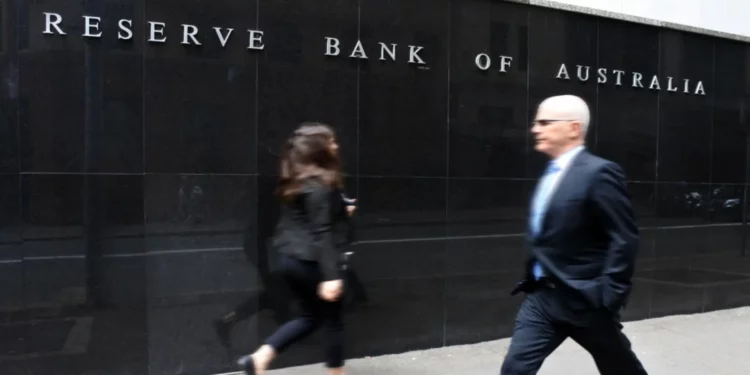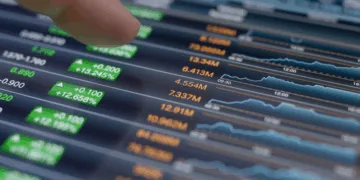The Australian dollar briefly went up after the decision before reversing its gains.
Australia’s central bank lowered its interest rates for the first time since the 2020 pandemic because inflation is getting closer to the top of its 2-3% target. The bank stated that even though it made progress on inflation, it would make cautious decisions moving forward.
The Reserve Bank lowered its cash rate by a quarter percentage point to 4.1%, a widely expected decision. It cautioned that if borrowing costs are reduced too quickly in the coming future, it may stop reducing the inflation rate.
The first-rate cut will cause relief in the minds of borrowers and will be good news for Anthony Albanese, Prime Minister of Australia since he has been having a tough election, which will be in May. There are rumors that he may use this situation to announce an early election.
The rate-setting board stated that the policy decision positively impacted inflation. Still, it will be cautious about the prospect of more policy easing. The board will rely on its decisions based on the data and evolving risk assessment.
The Australian dollar briefly went up after the decision before reversing its gains. The yields on the policy-sensitive three-year government bonds also increased.
Markets have placed significant bets on a quarter-point cut after a surprising decline in the inflation to 3.2% in the fourth quarter. The decision, however, made the Australian dollar increase by 0.2% to $0.6366.
The decision may boost Prime Minister Anthony Albanese for a second term in office. In the opinion polls, his ruling Labor party lags behind the opposition Liberal-National coalition. The cost of living and housing may have been the top reasons for the electorate.
According to economist Callam Pickering of the international employment website Indeed Inc., RBA rarely gives a single shot at a rate cut or hike. There may be a potential for more.
He adds that he expects a second rate cut in May or July since he believes that rate cut arrives in groups. However, RBA will be cautious, as it stated.
Economists expect two more rate cuts this year, like the market pricing for the cash rate to end 2025 at 3.6%. It suggests that the easing cycle will be somewhat shallow since Australia’s rates do not go as far before reaching neutral.
The RBA took this decision after President Donald Trump‘s policies, like tax cuts, tariffs, and immigration restrictions, have added uncertainty to an already clouded global picture, and economists predict that it will increase inflation in the United States.
According to Federal Reserve Chair Jerome Powell, the most recent inflation data shows that the central bank has more work.
The RBA lowered its core inflation forecasts in its quarterly update of economic predictions from 3% to 2.7%. It predicts the trimmed mean gauge will remain at 2.7% till June 2027, which means it will fail to reach the target’s midpoint.
Based on the predictions, The RBA board stated that disinflation may stagnate if they ease the monetary policy too soon.
There are hints that Australia’s economy is getting stronger in the last three months of 2024 and that consumer spending has continued to drive this growth. The job market is also still doing well.
In its updated forecasts, the RBA reduced its unemployment rate from 4.5% to 4.2%. The economists expect the unemployment rate will slightly increase from 4% to 4.1%.
Economists claim that a monetary-fiscal divide makes it more difficult for the RBA to control inflation, even while low unemployment increases the demand. State and federal government spending is still high and will rise even more during the election year.

















